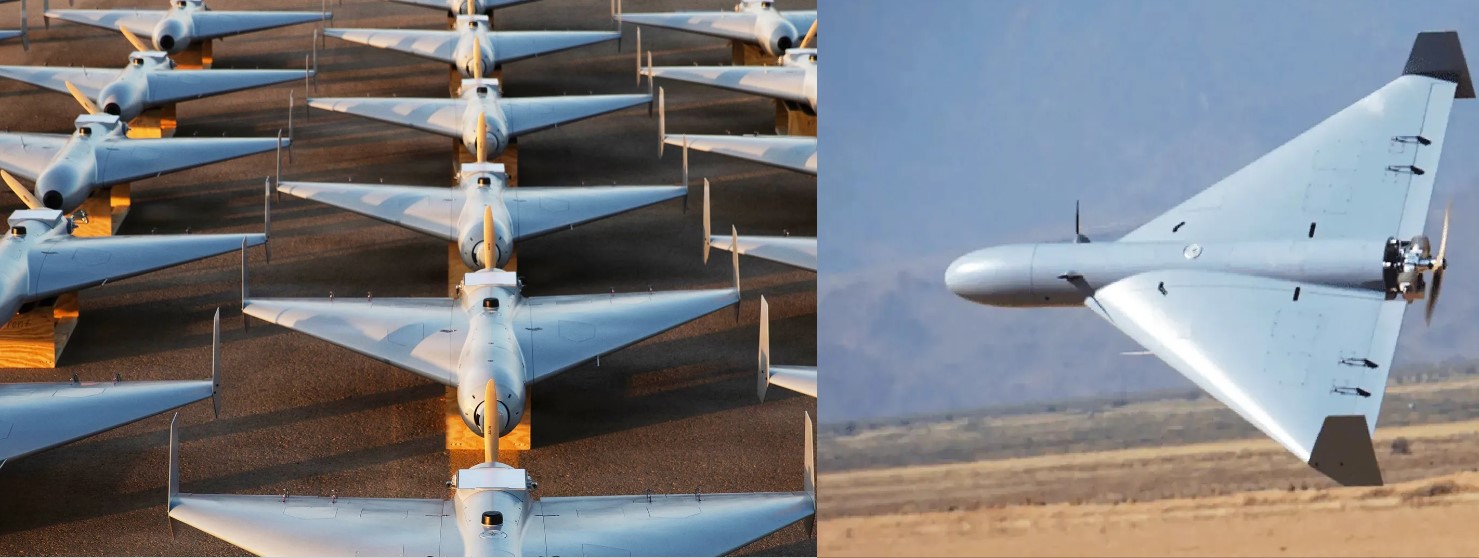Army Tests Thor Dynamics’ “Laser Armor” in Field Experiment to Counter Drone Swarm Threats

In a bold response to the rising menace of drone swarms, the U.S. Army’s C5ISR Center has invited Orlando-based Thor Dynamics to participate in its exclusive Defense in Depth Experiment (DiDEX) 25. Unlike a trade show, DiDEX 25 is a rigorous, invitation-only field experiment where Army scientists validate technologies in simulated combat environments.
The selection of Thor Dynamics comes after a recent incident in Colombia, where two Black Hawk helicopters used by police forces were downed by basic drones. The attack highlighted how low-cost, commercially available systems can neutralize advanced aircraft, raising concerns about civilian and law enforcement vulnerabilities.
Thor Dynamics’ “Laser Armor” system is designed to counter exactly this type of threat. It is a lightweight, man-portable laser weapon capable of delivering a near-limitless magazine at the cost of only pennies per shot. Reinforcement learning and AI-guided targeting allow it to provide continuous precision protection against drones, making it suitable for military units, special operations forces, and law enforcement.
Justin Sadeghian, Director of National Security Growth at Thor Dynamics and a former 160th SOAR pilot, stressed the importance of such systems. “A defense that needs to reload is a defense that is guaranteed to fail against a swarm. You cannot win a war of mass with a limited magazine,” he said, recalling his experience flying Black Hawks into high-risk environments.
The urgency of solutions like Laser Armor is underscored by global drone production trends. Russia is expected to build 6,000 Shahed-style drones annually, while China has the capacity to produce over 200,000 small drones every month. These systems are designed to overwhelm defenses that rely on limited missiles and ammunition, creating a dangerous cost imbalance.
Thor Dynamics’ participation in DiDEX 25 builds on its growing reputation. The company has already been recognized by U.S. Special Operations Command (USSOCOM) and the Army’s xTechOverwatch program, both of which identified Laser Armor as a promising solution for countering drone swarms.
The DiDEX 25 experiment itself is part of a wider Army effort to evaluate new counter-unmanned systems technologies. Organized by the DEVCOM C5ISR Center in partnership with the Joint Counter-small UAS Office, the Defense Innovation Unit, and the Department of Homeland Security’s Science & Technology Directorate, the event will test capabilities in realistic operational scenarios, including urban and contested environments.
Why It Matters
-
Threat: Mass-produced drone swarms can overwhelm traditional defenses.
-
Problem: Missiles and interceptors are limited and expensive.
-
Solution: Laser Armor delivers continuous firepower at extremely low cost with high precision.
Thor Dynamics’ invitation to DiDEX 25 shows the Army’s growing interest in laser-based defenses as a practical answer to the drone swarm challenge. If successful in field trials, the system could move toward wider deployment—offering the U.S. military, law enforcement, and even civilian security forces a scalable, cost-effective shield against one of modern warfare’s fastest-evolving threats.
✍️ This article is written by the team of The Defense News.






